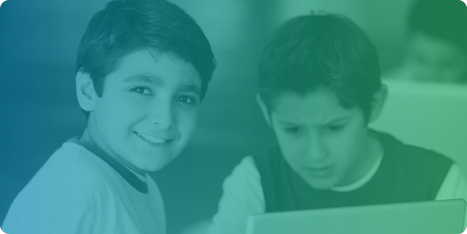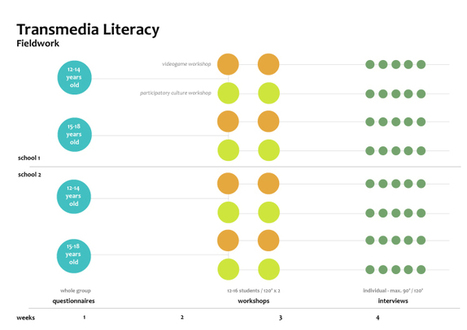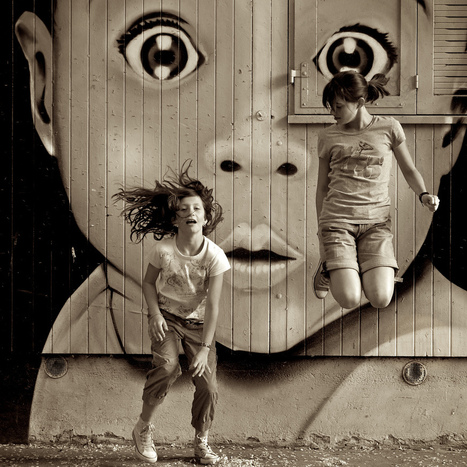«Ce référentiel de base devait donc viser à embrasser toute l’étendue de l’éducation aux médias de manière à en dégager la spécificité et à prévenir les malentendus encore courants qui ramènent cette éducation à l’usage des médias comme outils de formation, à l’apprentissage de l’utilisation des TIC, à la critique de type historique, etc.
Il fallait dès lors proposer un modèle qui puisse clarifier, dans toute leur complexité, la notion d’édu- cation aux médias et celle même de média en insistant sur le fait que le foyer thématique de cette éducation se situe dans l’usage que tout un chacun fait des médias dans la vie courante, des béné- fices qu’il en tire, des contraintes qu’il en subit, des risques qu’ils peuvent lui faire courir.»
Via
Manuel Pinto,
Jean-Claude Domenjoz



 Your new post is loading...
Your new post is loading...
















